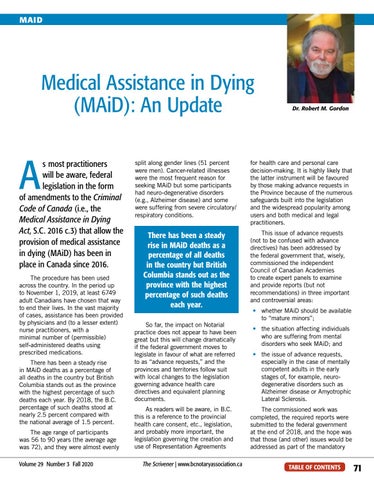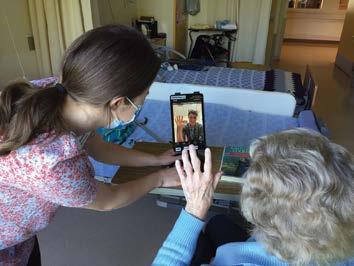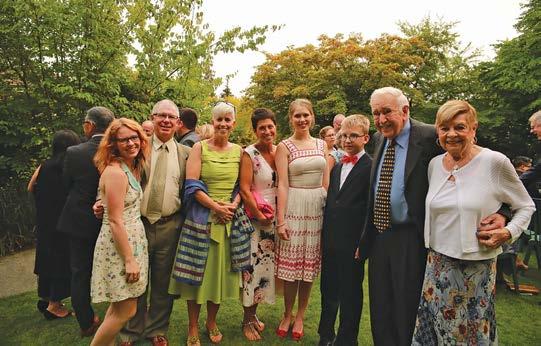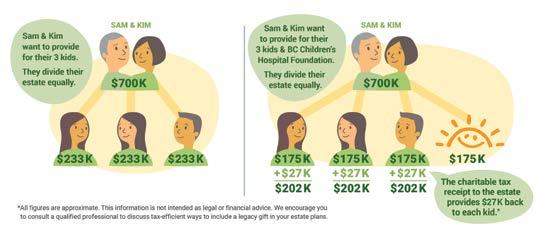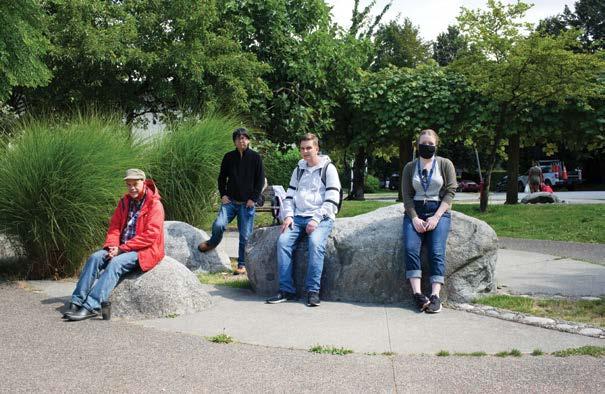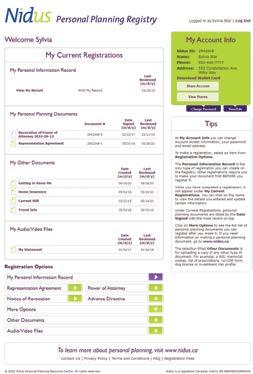MAID
Medical Assistance in Dying (MAiD): An Update
A
s most practitioners will be aware, federal legislation in the form of amendments to the Criminal Code of Canada (i.e., the Medical Assistance in Dying Act, S.C. 2016 c.3) that allow the provision of medical assistance in dying (MAiD) has been in place in Canada since 2016.
The procedure has been used across the country. In the period up to November 1, 2019, at least 6749 adult Canadians have chosen that way to end their lives. In the vast majority of cases, assistance has been provided by physicians and (to a lesser extent) nurse practitioners, with a minimal number of (permissible) self-administered deaths using prescribed medications. There has been a steady rise in MAiD deaths as a percentage of all deaths in the country but British Columbia stands out as the province with the highest percentage of such deaths each year. By 2018, the B.C. percentage of such deaths stood at nearly 2.5 percent compared with the national average of 1.5 percent. The age range of participants was 56 to 90 years (the average age was 72), and they were almost evenly Volume 29 Number 3 Fall 2020
Dr. Robert M. Gordon
split along gender lines (51 percent were men). Cancer-related illnesses were the most frequent reason for seeking MAiD but some participants had neuro-degenerative disorders (e.g., Alzheimer disease) and some were suffering from severe circulatory/ respiratory conditions.
for health care and personal care decision-making. It is highly likely that the latter instrument will be favoured by those making advance requests in the Province because of the numerous safeguards built into the legislation and the widespread popularity among users and both medical and legal practitioners.
There has been a steady rise in MAiD deaths as a percentage of all deaths in the country but British Columbia stands out as the province with the highest percentage of such deaths each year.
This issue of advance requests (not to be confused with advance directives) has been addressed by the federal government that, wisely, commissioned the independent Council of Canadian Academies to create expert panels to examine and provide reports (but not recommendations) in three important and controversial areas: • whether MAiD should be available to “mature minors”;
So far, the impact on Notarial practice does not appear to have been great but this will change dramatically if the federal government moves to legislate in favour of what are referred to as “advance requests,” and the provinces and territories follow suit with local changes to the legislation governing advance health care directives and equivalent planning documents.
• t he issue of advance requests, especially in the case of mentally competent adults in the early stages of, for example, neurodegenerative disorders such as Alzheimer disease or Amyotrophic Lateral Sclerosis.
As readers will be aware, in B.C. this is a reference to the provincial health care consent, etc., legislation, and probably more important, the legislation governing the creation and use of Representation Agreements
The commissioned work was completed, the required reports were submitted to the federal government at the end of 2018, and the hope was that those (and other) issues would be addressed as part of the mandatory
The Scrivener | www.bcnotaryassociation.ca
• t he situation affecting individuals who are suffering from mental disorders who seek MAiD; and
TABLE OF CONTENTS
71
